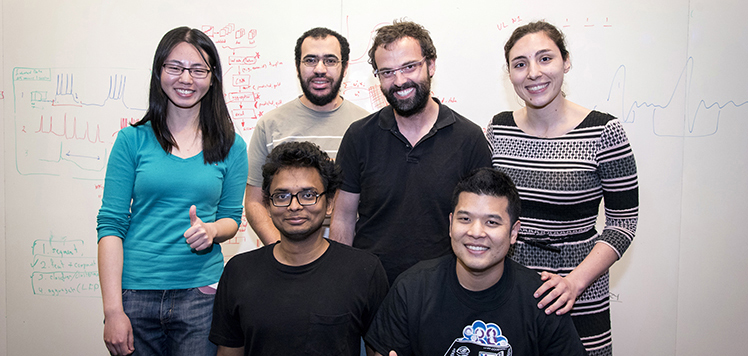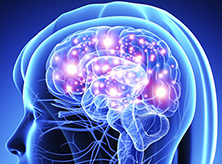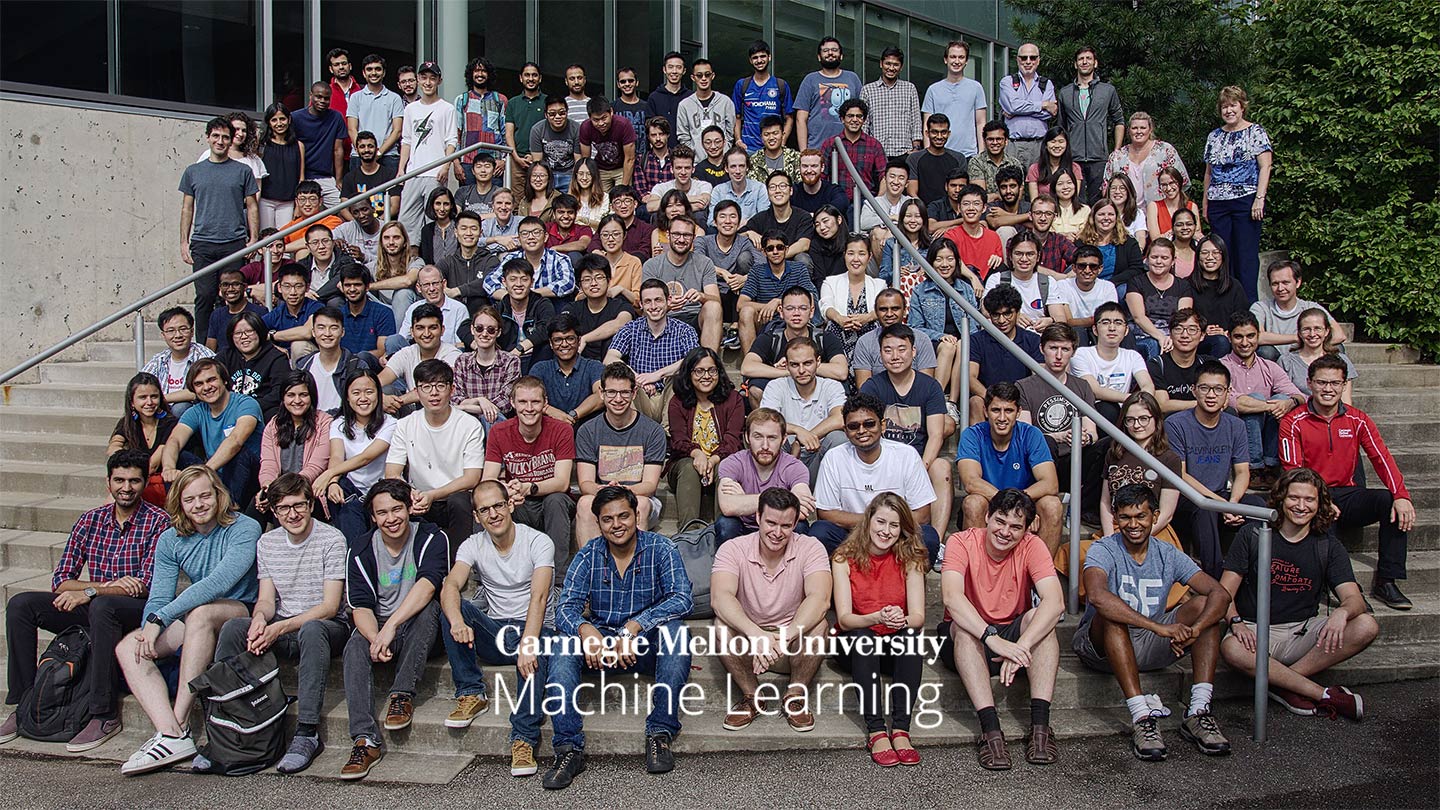Qualcomm Neurohackathon Winners


Team “Coin Toss” was named the winner of the Qualcomm Neurohackathon for its approach to identify the trajectories of nerve fiber connections in the brain. MRI fiber tracking has been widely used to map these trajectories, but identifying or classifying them is difficult due to the high complexity of neuroanatomy. Their findings could accelerate the pace of brain-mapping projects.
Members of "Coin Toss," all Ph.D. students, were: Mariya Toneva, neural computation and machine learning; Avinava Dubey, machine learning; Ahmed Hefny, machine learning; Jay Yoon Lee, computer science; Dan Schwartz, language technology; and Ying Yang, neural computation and machine learning.
Five teams of Carnegie Mellon University graduate students competed in a hackathon designed to engage computer and data scientists to crack one of the most complex systems: the structure of neural data in the brain.
As the first place winners, one member of team "Coin Toss" will receive one semester of graduate tuition, and the others will share a $5,000 travel award. Alison Barth, interim director of CMU’s BrainHub and professor of biological sciences, was thrilled with the Neurohackathon because of the energy the students brought to the problems and how hard they worked over the two-day event.
The teams were judged on the elegance and portability of their solutions, rigor of analytical methods, their appropriateness to the scientific question and the potential for impact in machine learning, computer science and/or neuroscience. Judges were Geoff Gordon, associate professor of machine learning; Jordan Rodu, visiting assistant professor of statistics; and Aryn Gittis, assistant professor of biological sciences.
Second place went to the "Reckless Arrogance" team of doctoral students: Ben Cowley, machine learning; Akash Umakantha, neural computation; and Jay Hennig, neural computation. They worked on a data set from Assistant Professor of Biological Sciences Sandra Kuhlman to determine how running is represented in the mouse motor cortex.
"Reckless Arrogance" team members will share $3,000 in travel awards.

